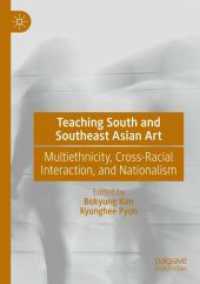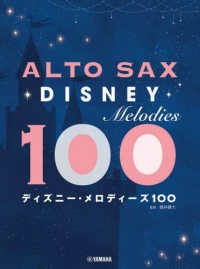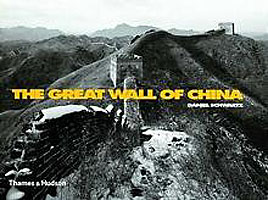- ホーム
- > 洋書
- > ドイツ書
- > Humanities, Arts & Music
- > History
- > antiquity
Description
(Short description)
(Text)
Die Astrologie ist eine der Wirkmächte der Antike, die heute noch lebendig ist, und daher mit dem Christentum, das sie bekämpfte, durchaus vergleichbar. Auch die Aufklärung verdammte die Lehre so sehr, dass eine Beschäftigung mit ihr immer noch weithin als suspekt gilt. Will man jedoch einen Text wie das astrologische Weltgedicht des Manilius wirklich verstehen, muss man die Lehren und Denkweisen der antiken Astrologen kennen. Dies gilt in besonderem Maße für das fünfte Buch über die Paranatellonten (extrazodiakalen Sternbilder), in dem der Dichter den "Gipfel seiner dichterischen Kunst" erreicht (F. Boll).
(Review)
"This is a truly rewarding, immensely erudite edition that will, one hopes, have a lasting impact not only on Manilian studies, but also on the studies of late Augustan or early imperial poetry in general."
Joanna Komorowska in: BMCR 2011.08.05
(Short description)
(Text)
Recently there has been a constant increase in secondary literature on Manilius' cosmological didactic poem, written in the late-Augustan/early-Tiberian period. However, a concentration on ideological-political or narratological perspectives means that attention has been focused on individual passages, prooemia, excurses or other marginal sections, while the main material, the astrological teachings, have been neglected. However, above all in the last century, our knowledge of astrology has been significantly furthered by numerous (new) editions of the works of Teukros of Babylon, Dorotheos, Vettius Valens and Hephaistion. These texts are particularly important for our understanding of the fifth book of the Astronomica.








